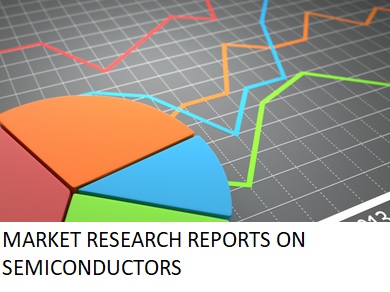Date: 15/12/2023
Surging EV Adoption Propels Public EV Charging Revenue to Reach US$164 Billion by 2035
Government decarbonization targets and Electric Vehicle (EV) subsidies are driving the adoption of EVs worldwide. By 2035, EVs will make up 27% of all registered cars, requiring a massive increase in public charging infrastructure to support them. New research from global technology intelligence firm ABI Research finds that revenue from public EV charging will grow to over US$164 billion by 2035.
“The adoption of electric vehicles (EVs) is still on the rise, notably achieving a historic market share of 38% in China and 21% in the EU. As this trend persists, it becomes increasingly imperative to develop robust public charging infrastructure to cater to the growing fleet of electric cars. The early adopters of EV technology are disproportionately wealthy and more likely to own homes with driveways or garages to charge their cars. As we transition to the early majority of EV adoption, public charging will be responsible for a greater share of recharging,” explains Dylan Khoo, Electric Vehicles Industry Analyst at ABI Research.
Globally, slower AC chargers delivering up to 7 kW will make up around two-thirds of public charging points. However, most of the energy supplied will come from DC fast chargers (DCFCs) supplying 50-400 kW of power. ABI Research expects that DCFCs will be responsible for over 70% of the revenue generated in the public charging industry by 2035. Many prominent large players in the charging sector are focused on rolling out DCFCs, such as Electrify America, IONITY, EVgo, and Tesla.
“Automotive fuel retailing is big business. Today, it mostly takes the form of filling stations operated by large oil companies or supermarkets. EV charging points are smaller, cheaper, and easier to install and operate than gas stations, allowing new businesses to take advantage of the opportunity and offer recharging services. At the same time, recharging an EV will be generally cheaper than refueling an ICE, so these traditional fuel retailers will need to focus more on building up other revenue streams such as advertising and non-fuel retail,” Khoo concludes.
These findings are from ABI Research’s Electric Vehicle Charging Infrastructure market data report. This report is part of the company’s Electric Vehicles research service, which includes research, data, and ABI Insights. Market Data spreadsheets comprise deep data, market share analysis, and highly segmented, service-specific forecasts to provide detailed insight into where opportunities lie.
Source: ABI Research
Tweet Follow @ecewire

